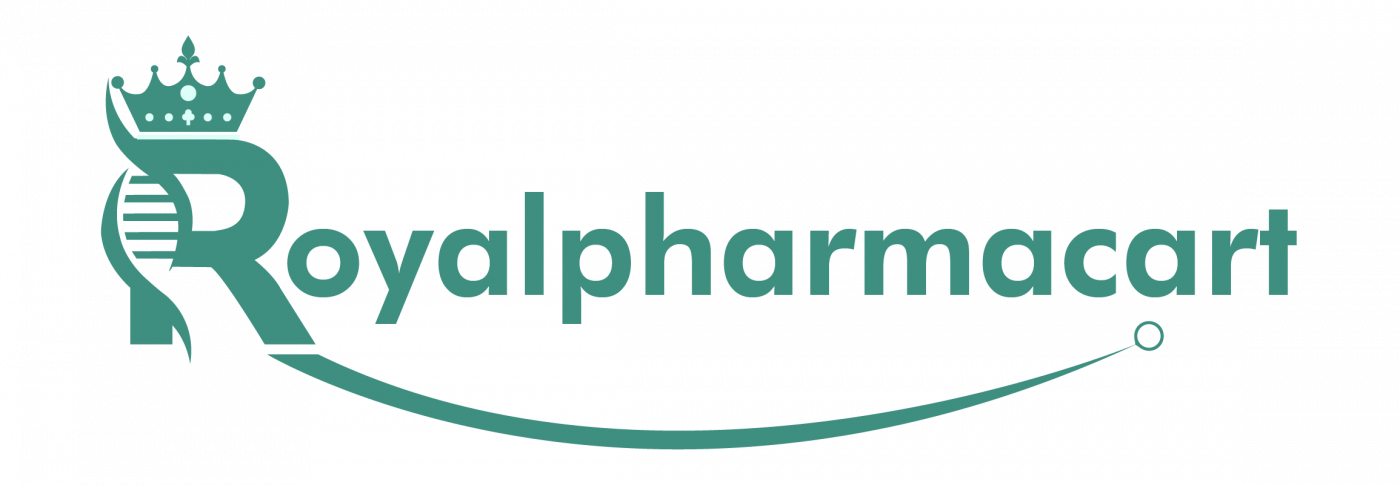Anti-Cancer drugs boost the immune system, which indirectly attacks cancer cells. Prevents the growth of new blood vessels inside the tumor. It also limits the production of chemical messengers (cytokines and growth factors) involved in the growth of cancer cells. Here’s how it works against cancer.
Anti-Cancer drugs belong to a group of drugs that affect the functioning of the immune system.
Anti-Cancer drugs can be taken with or without food, but take them at the same time each day for maximum effect. Your doctor will decide how much you need and how often you should take it.
This will depend on your treatment and may change from time to time. You should take it exactly as your doctor recommends. If taken incorrectly or in too large amounts, it can cause very serious side effects. It may take weeks or months to see or feel an effect, but don’t stop taking it unless your doctor tells you to.
Common side effects of this drug include headache, weakness, nausea, rash, and dizziness. These drugs can reduce the number of blood cells in the blood (lower the number of red blood cells and white blood cells) and increase susceptibility to infection and bleeding.
Therefore, be sure to avoid contact with infected people, such as a cold, or engage in activities that may increase your risk of bleeding. You will need regular blood tests to check your blood cells during treatment.
If you have Blood cancer (Chronic myeloid leukaemia), Gastrointestinal stromal tumour then best medicine is :
- IMATIB 400
If you have Multiple myeloma, Lepra reaction then best medicine is :
- LENALID 25MG
This medicine can affect many other medicines, so you should tell your healthcare team about all the medicines you are using. This medication is not recommended during pregnancy or breastfeeding.
It is important that both men and women practice effective contraception during treatment to avoid pregnancy. It is recommended that you drink plenty of fluids while taking this medication to avoid dehydration.
